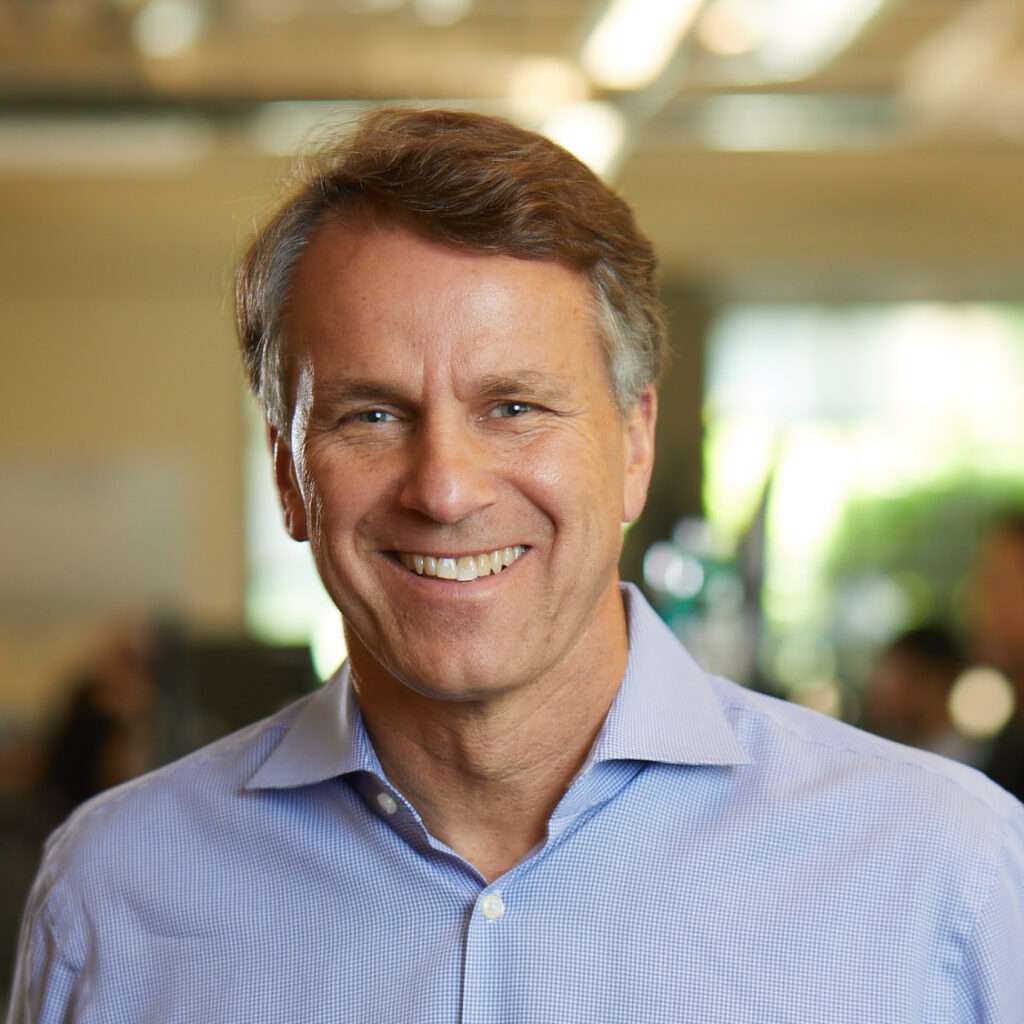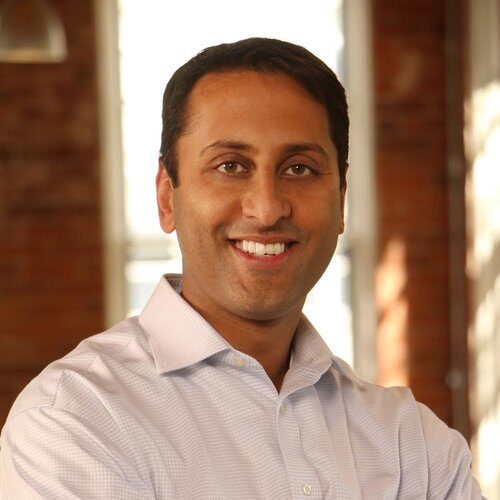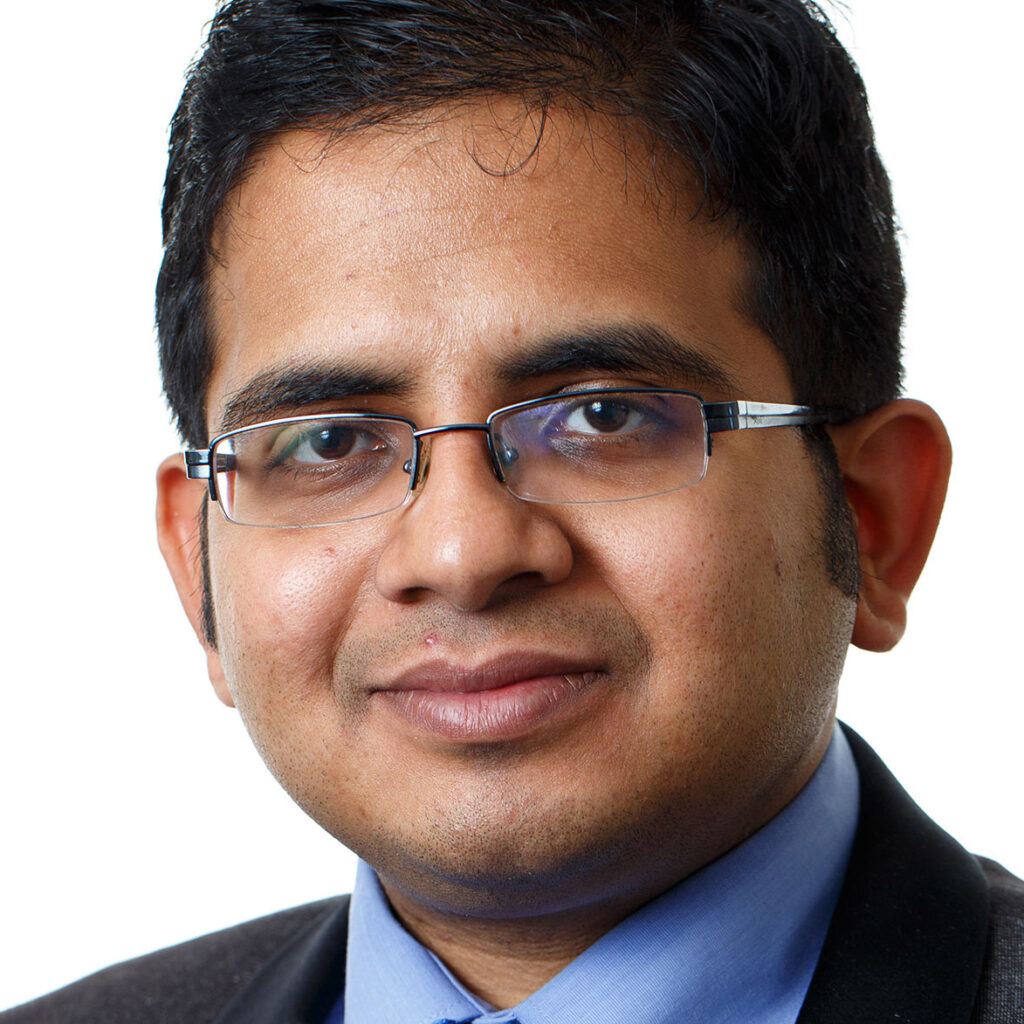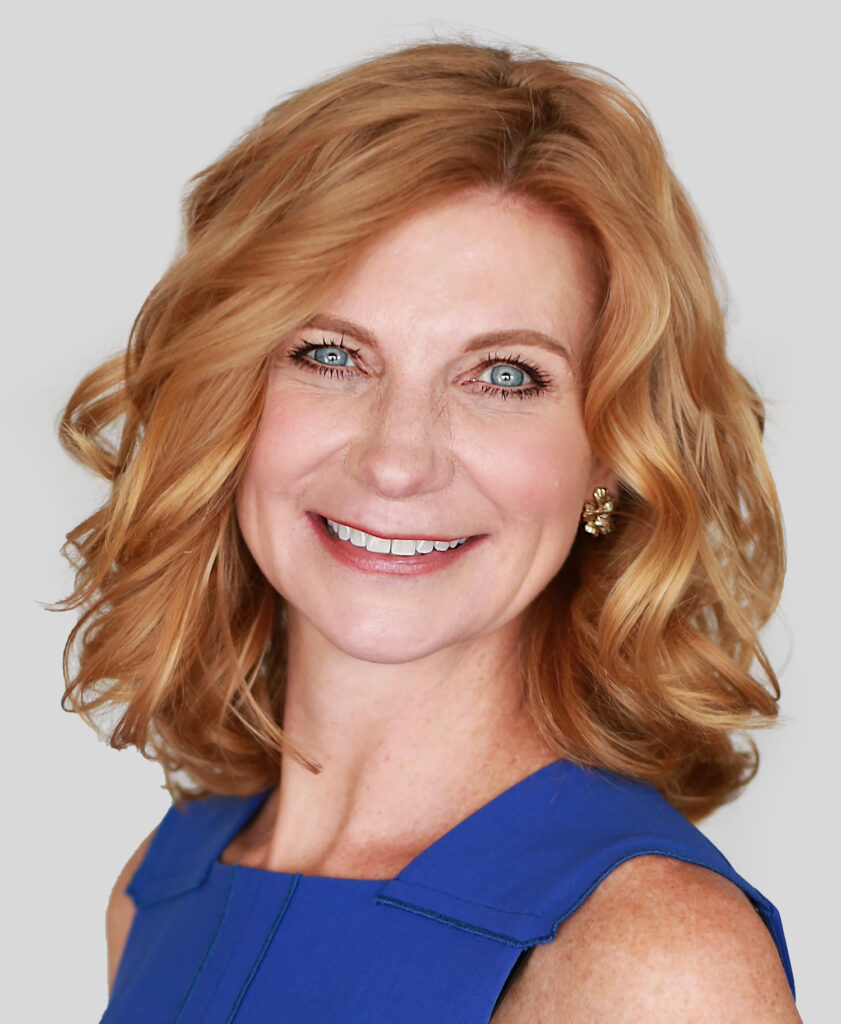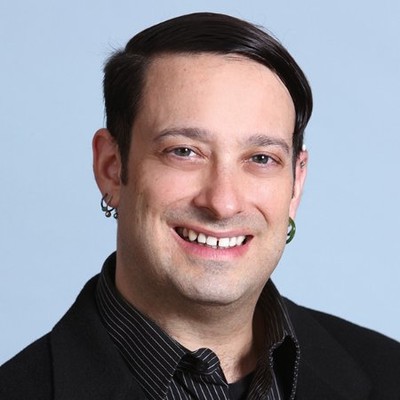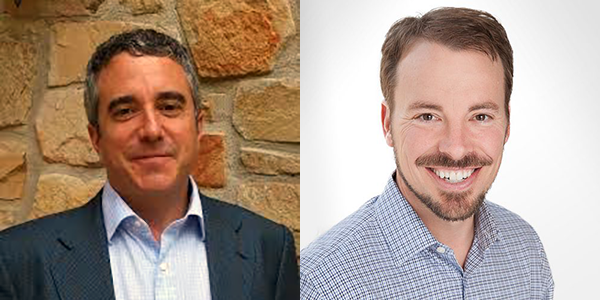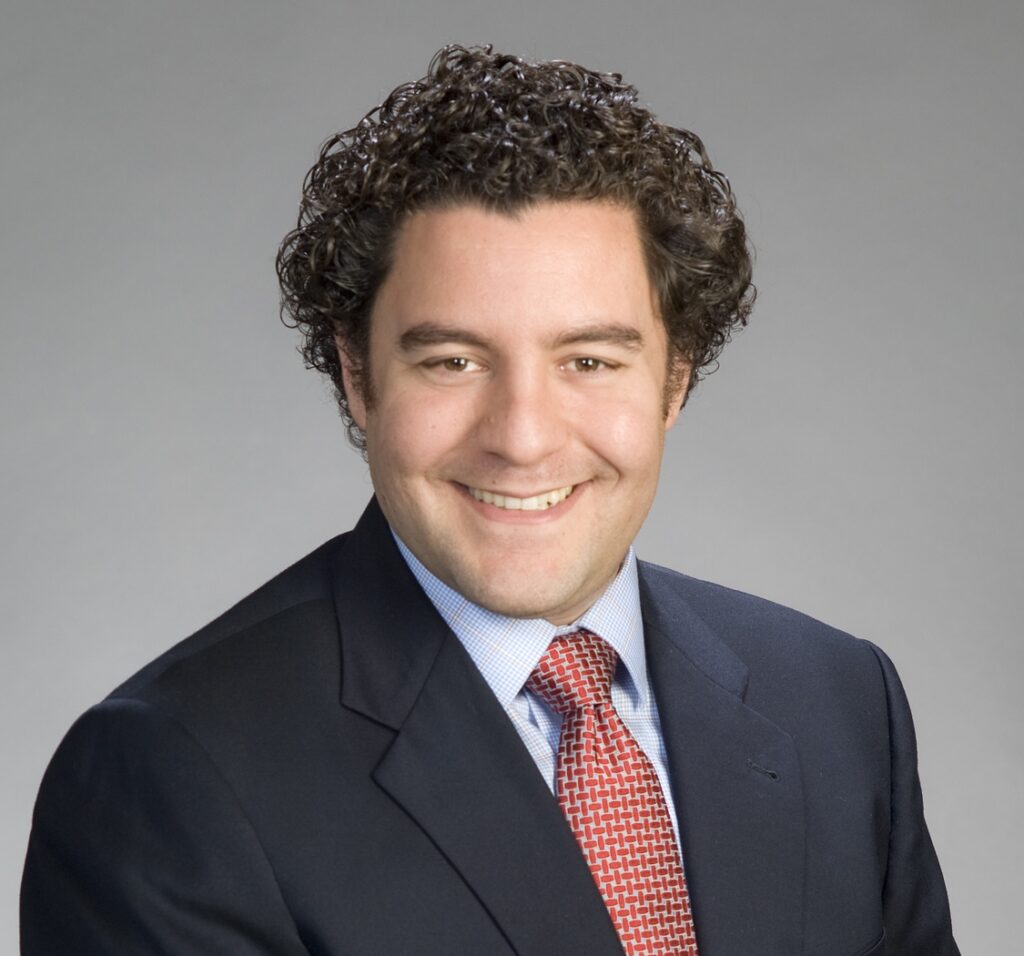
Speakers: Michael Cohen, Brown Rudnick
https://www.youtube.com/watch?v=d-q2kthXNvU
Tuesday, February 9, 1:00 to 2:00 PM PST
Most emerging companies with rapid growth plans will seek venture financing. Whether you sell SAFE, convertible notes, or preferred stock, venture investors expect that your financing will feature standard rights and use accepted documentation, but that isn’t the end of the story. Decisions about valuation, founders’ rights, and control over decision making can have long-lasting impacts on the company, and the interests of the investors will quickly deviate from those of the original stockholders. It is important to understand the financing process, where there is room to negotiate, and which investor rights are non-negotiable. This talk will walk through the process of a typical venture investment, starting at the term sheet stage and moving through the definitive documents. We will focus on real-life examples and the consequences of certain decisions in the lead-up to closing.

Speaker: Glen Tullman, Founder & Managing Partner, 7wireVentures; Founder & Former Executive Chairman, Livongo Health
Zoom Webinar
Tuesday, January 26, 1:00 to 2:00 PM PST
Livongo Health is one of the biggest all-time successes in digital health. The company “offers a whole person platform that empowers people with chronic conditions to live better and healthier lives.” In 2019, Livongo made its debut on the Nasdaq at $355 million, and saw a premium of nearly 45% over its IPO price. Now, a year later, telehealth giant Teladoc is merging with Livongo in a deal worth as much as $18.5 billion, reflecting the growing importance of virtual healthcare platforms. Join us to hear founder Glen Tullman’s story of how he built Livongo.
Speakers: Rachel Zeldin, Health & Life Sciences practice group at Oliver Wyman
https://www.youtube.com/watch?v=sdSKxs5OxWc
Zoom Webinar
Wednesday, January 20, 1:00 to 2:00 PM PST
Employers are a critical stakeholder in the US healthcare system: 49% of Americans receive health coverage through their employer, and employers spend $1.2T on healthcare today. Given this, the employer market is a natural starting point for emerging healthcare companies. But what do employers want, and how is this changing? How should emerging healthcare companies position themselves to address employer concerns? How should healthcare companies selling directly to employers think about other market stakeholders – brokers, health plans, PBMs, providers? During this talk, we will address all three of these questions, and share lessons learned from healthcare technology companies that have built successful businesses in the employer-sponsored market.

Speaker: Harith Rajagopalan, M.D., Ph.D., Co-Founder & CEO, Fractyl
[embed]https://www.youtube.com/watch?v=DLfzjfJz_8Q&t=48s[/embed]
Zoom Webinar
Wednesday, November 11, 1:00 to 2:00 PM PST
2020 has been an unbelievably difficult year for everyone and has thrown special obstacles in the way of startup founders. Doing labwork, pitching investors, conducting trials: it can seem like nothing is easy or even possible. Yet you can make progress. Who could confirm this better than Harith Rajagopalan, CEO of Fractyl? Fractyl, whose technology treats patients with type 2 diabetes, received an Investigational Device Exemption from the FDA this June; and in August closed a $55 million round to fund global clinical trials. How did Harith do it?

Speaker: Deepak Sahu, Partner, Alira Health
Zoom Webinar, 1:00 to 2:00 PM PT, Thursday, May 13
https://www.youtube.com/watch?v=IeHIjqbjXXc
The cost of healthcare drives stakeholder interest in reimbursement. Before investors risk their money, they want to know about coverage, coding, and payment. Payers expect better outcomes at equal or lower cost. Hospitals are establishing value analysis committees. Physicians want products that help them meet metrics. And patients are becoming more educated and prefer interventions that improve quality of life at the lowest cost.
Until recently the main focus for health technology companies was FDA clearance. That is still important, but reimbursement is now a top concern. Join this session to learn the basics of reimbursement and how you can develop an integrated clinical plan.

Speaker: Holly Sheffield, President, CooperSurgical
Zoom Webinar
Thursday, October 22, Noon to 1:00 PM PST
Startup founders put years of blood, sweat, and tears into their companies, often with the end goal of strategic acquisition. All their work may be in vain, though, if they have not thought and planned in advance about the strategic needs of the acquirer. Understanding how strategics do their due diligence, the key areas/metrics they look for to make the acquisition and the areas they will be interested in when your technology is ripe for acquisition.
What should YOU be thinking about?
Join us to learn from Holly Sheffield, president of CooperSurgical, a leading medtech company that has acquired more than 13 companies in the past 5 years. Prior to joining CooperSurgical, Ms. Sheffield had a 20+ year career as an investment banker, advising companies on strategic acquisitions.

Speaker: Dave Jackson, Founder & CTO, Green Mars Consulting
Zoom Webinar
Tuesday, September 29, 2:00 to 3:00 PM PST
The cloud is ubiquitous; everyone needs it, everyone uses it. But to use it right and use it well for business, there are some core considerations: How do you build software in the cloud that will scale? How do you built it to be secure? How do you manage a large user base across a set of very different services? The list of considerations grows when you look more specifically at healthcare in the cloud. Then you also have to think about patient data anonymization, regulatory issues, medical-specific domain technologies in the cloud, performance, and availability to meet the demands of patient care.

In a crisis, how do you lead an early-stage company? How do you manage runway and keep morale up, continuing to deliver important work necessary to advance? Two experienced serial entrepreneurs, and the investors who backed them, will get together to share their wisdom. Matt Likens, now CEO of GT Medical, led Ulthera through the 2008 crisis to acquisition six years later. Adam Berman, who now leads Alleviant, launched TVA Medical in 2008 and took it to acquisition in 2018. Justin Klein of Vensana Capital invested in Ulthera under Matt; James Eadie of Santé Ventures invested in TVA under Adam. Join us on Wednesday, June 24 to learn from their past and current experiences.

While new guidelines like social distancing and shelter-in-place affect the average person’s day-to-day experience during the pandemic, temporary changes to coverage and payment rules for health care providers affect theirs. Marc Samuels is Founder & CEO of ADVI Health, a healthcare consulting company that has worked with 19 of the top 25 medtech companies in the world. In this discussion, Marc and ADVI Senior Associate Micaela Laber will explore recent administrative and legislative policy changes in response to the COVID-19 Public Health Emergency and their implications for the present and future of health care. Key topics covered include telehealth, remote monitoring, hospitals without walls, home infusion, and state waivers across Medicare, Medicaid, and commercial payers.

Norwich Ventures, of which Aaron Sandoski is co-founder & managing director, recently closed the $90 million Medtech Convergence Fund. The firm intends to invest the fund in startups whose technologies embody the convergence of AI, data, or telehealth with traditional engineering. The pandemic, however, has changed the outlook for everyone, including VCs. Join this webinar to learn about Norwich’s approach to investing in the current climate.

